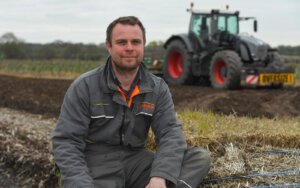
The accidental Youtuber: Olly ‘Blogs’ Harrison
The highs and lows of agriculture are a daily ritual for most farmers. Who knew recording those private moments, showcasing expert problem-solving skills, mixed with a touch of humour, would

The highs and lows of agriculture are a daily ritual for most farmers. Who knew recording those private moments, showcasing expert problem-solving skills, mixed with a touch of humour, would
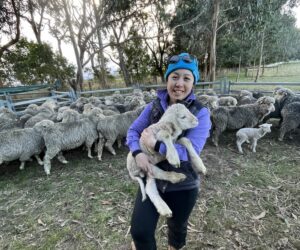
The western suburbs of Sydney are a world away from the green, sheep-dotted pastures of Gordon, Victoria, but Samantha Wan’s story shows us the power of dreams. “I’m a first
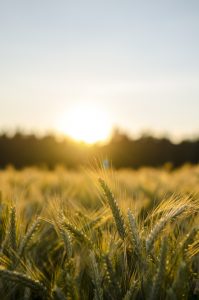
Australian Farmers will look a little different from September onwards. Australian Farmers has been a wonderful vessel to share farmers’ stories since 2016. But after a decade, it’s time to
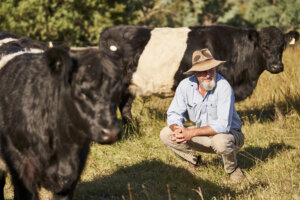
What it lacks in size, this farm gains in heart. It all comes down to forging a very deliberate and considered impact on the agriculture industry. A place to talk,
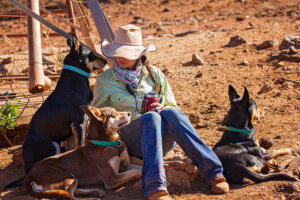
If you’re a dog lover, you’d be no stranger to the impressive intelligence, agility and loyalty of working dogs. But these special animals gained a whole new fan club with
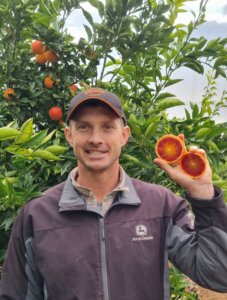
The humble orange finds its way into most fruit bowls at some stage during the year. We know it’s a powerhouse for immune boosting Vitamin C. But there’s so much
Explore leading Australian agricultural education resources all in one central location.









AustralianFarmers is brought to you by the National Farmers’ Federation, Australia’s peak industry body for the farm sector.
Copyright © 2018 · Created by the National Farmers' Federation
Don't be shy, get in touch. We love meeting interesting people and making new friends.
Subscribe to access free weekly recipes, news and lifestyle content – fresh from Australia’s farmers.